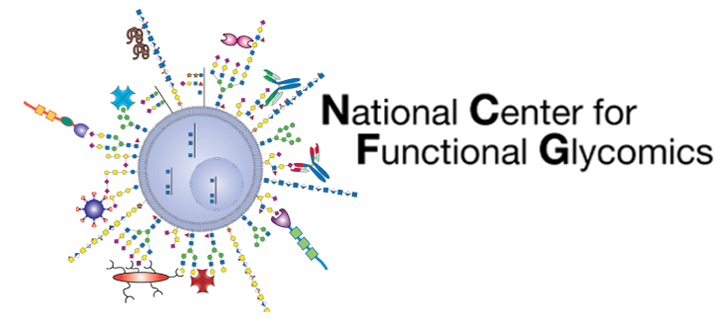Nyame K, Kawar Z, Cummings R. Antigenic glycans in parasitic infections: implications for vaccines and diagnostics.. Arch Biochem Biophys. 2004;426(2):182–200.
Abstract
Infections by parasitic protozoans and helminths are a major world-wide health concern, but no vaccines exist to the major human parasitic diseases, such as malaria, African trypanosomiasis, amebiasis, leishmaniasis, schistosomiasis, and lymphatic filariasis. Recent studies on a number of parasites indicate that immune responses to parasites in infected animals and humans are directed to glycan determinants within cell surface and secreted glycoconjugates and that glycoconjugates are important in host-parasite interactions. Because of the tremendous success achieved recently in generating carbohydrate-protein conjugate vaccines toward microbial infections, such as Haemophilus influenzae type b, there is renewed interest in defining parasite-derived glycans in the prospect of developing conjugate vaccines and new diagnostics for parasitic infections. Parasite-derived glycans are compelling vaccine targets because they have structural features that distinguish them from mammalian glycans. There have been exciting new developments in techniques for glycan analysis and the methods for synthesizing oligosaccharides by chemical or combined chemo-enzymatic approaches that now make it feasible to generate parasite glycans to test as vaccine candidates. Here, we highlight recent progress made in elucidating the immunogenicity of glycans from some of the major human and animal parasites, the potential for developing conjugate vaccines for parasitic infections, and the possible utilization of these novel glycans in diagnostics.
Last updated on 03/06/2023
